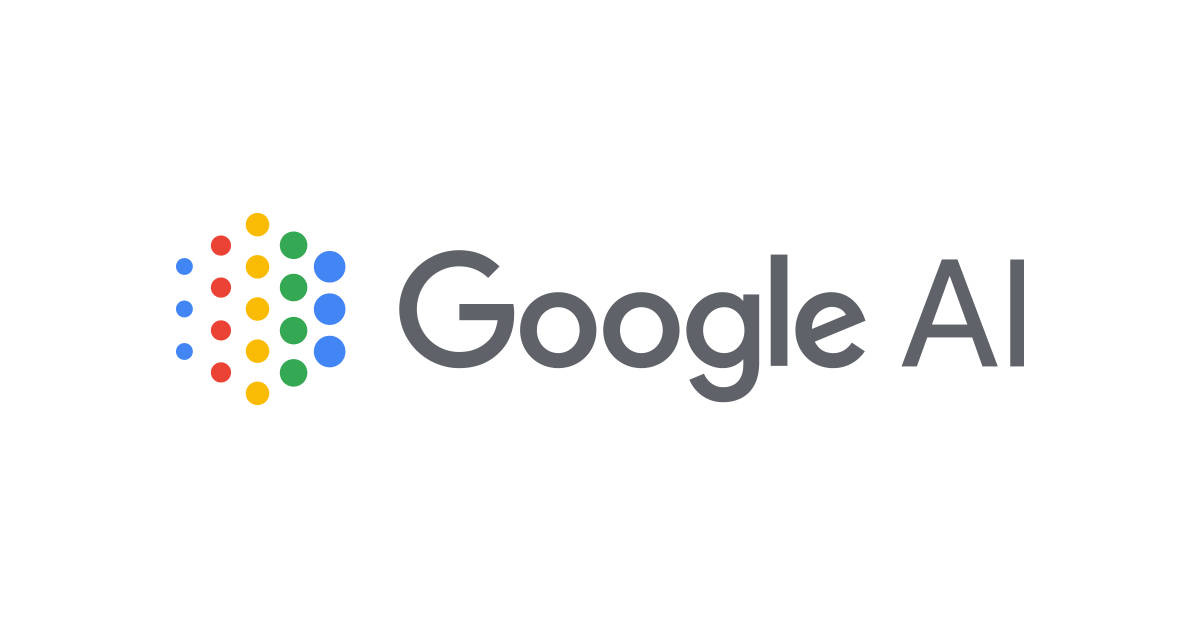Google is working on a ChatGPT rival called Bard
The tech will eventually be integrated into Google Search
Following the recent wave of excitement around artificial intelligence and Google’s announcement it will use AI as ‘a companion’ to search, the tech giant has revealed it’s also working on its own language model to rival ChatGPT.
Google CEO Sundar Pichai announced the AI engine, named Bard, in a blog post. It’s an “experimental conversational AI service” that will be available first to trusted testers before coming to the wider public in the “coming weeks”.
➡️The Shortcut Skinny: Google Bard
⚔️ Google is releasing its own ChatGPT rival
🎭 It’s an AI language model called Bard
📅 It will be available to testers first, before coming to the public later
🔍 Google hopes to eventually integrate the tech into Google Search
It will look a lot like ChatGPT, insofar as users can input a prompt and have Bard auto-generate a response. However, Google looks to be pitching it as a functional tool, rather than a fun online toy, that can answer practical questions and simplify information.
“Bard can be an outlet for creativity, and a launchpad for curiosity, helping you to explain new discoveries from NASA’s James Webb Space Telescope to a 9-year-old, or learn more about the best strikers in football right now, and then get drills to build your skills,” Pichai said.
“It draws on information from the web to provide fresh, high-quality responses,” he added, possibly meaning Bard can provide more up-to-date answers and current information than ChatGPT, which is limited to using data that existed on the internet up to 2021.
Pichai went on to reiterate Google’s plans to eventually integrate its AI models into its search engine, with the hope of streamlining and improving the user experience.
“One of the most exciting opportunities is how AI can deepen our understanding of information and turn it into useful knowledge more efficiently – making it easier for people to get to the heart of what they’re looking for and get things done,” he said.
Google’s already revealed another of its in-development AI models. MusicLM can generate entire songs from short text prompts, and bar a few robotic vocal lines, the finished compositions are pretty convincing.
Other companies have also been quick to jump on the artificial intelligence bandwagon. CNET has been surreptitiously using an AI model to create articles for 18 the last months and hid the content behind inconspicuous bylines before it was found out. On top of that, Buzzfeed looks set to use the tech for its quizzes and lists.
Regardless of what you think of AI, it’s clear the tech is only becoming more powerful and more common. As its use cases expand, expect to see it integrated with more businesses and consumer products.



